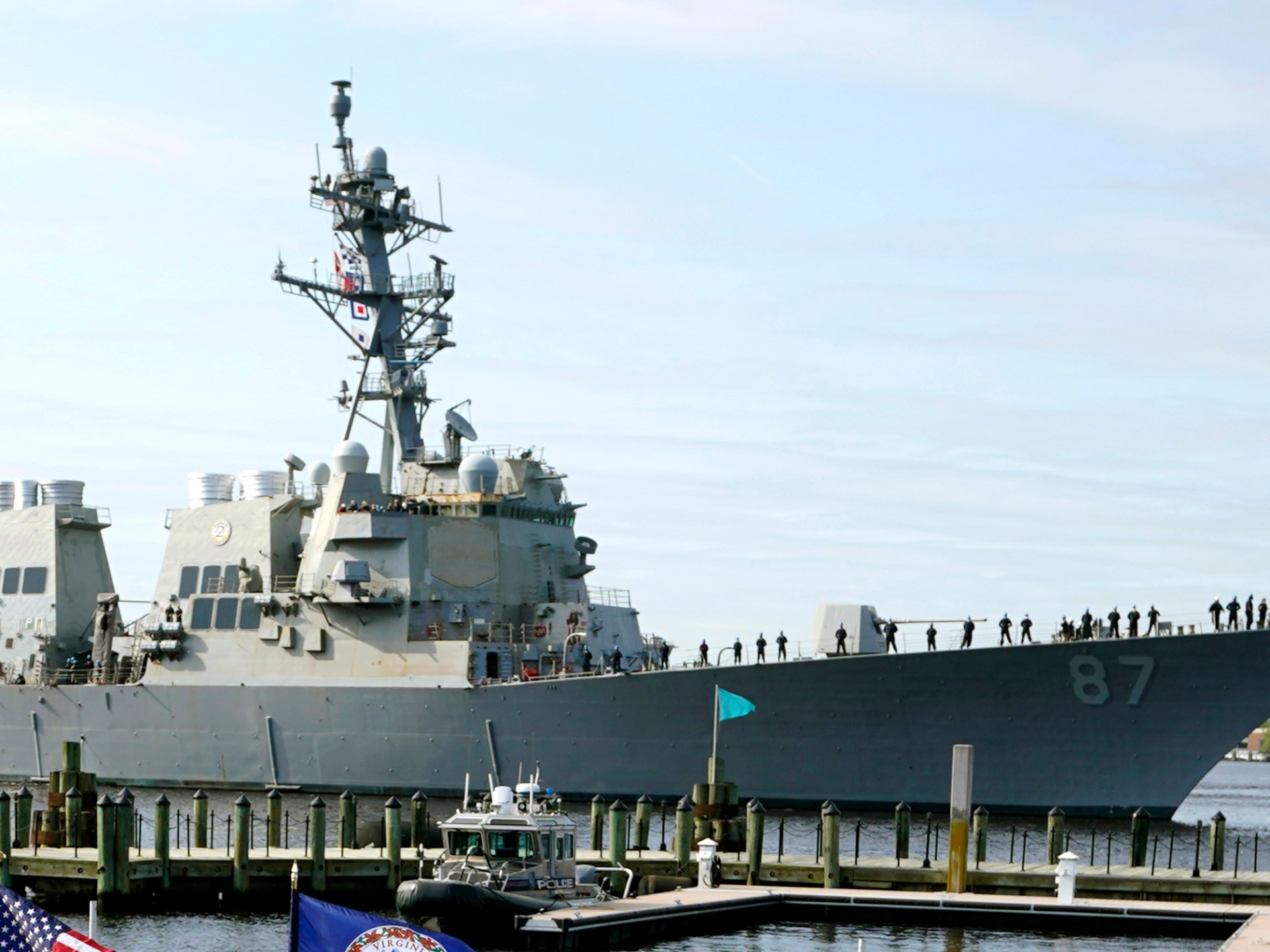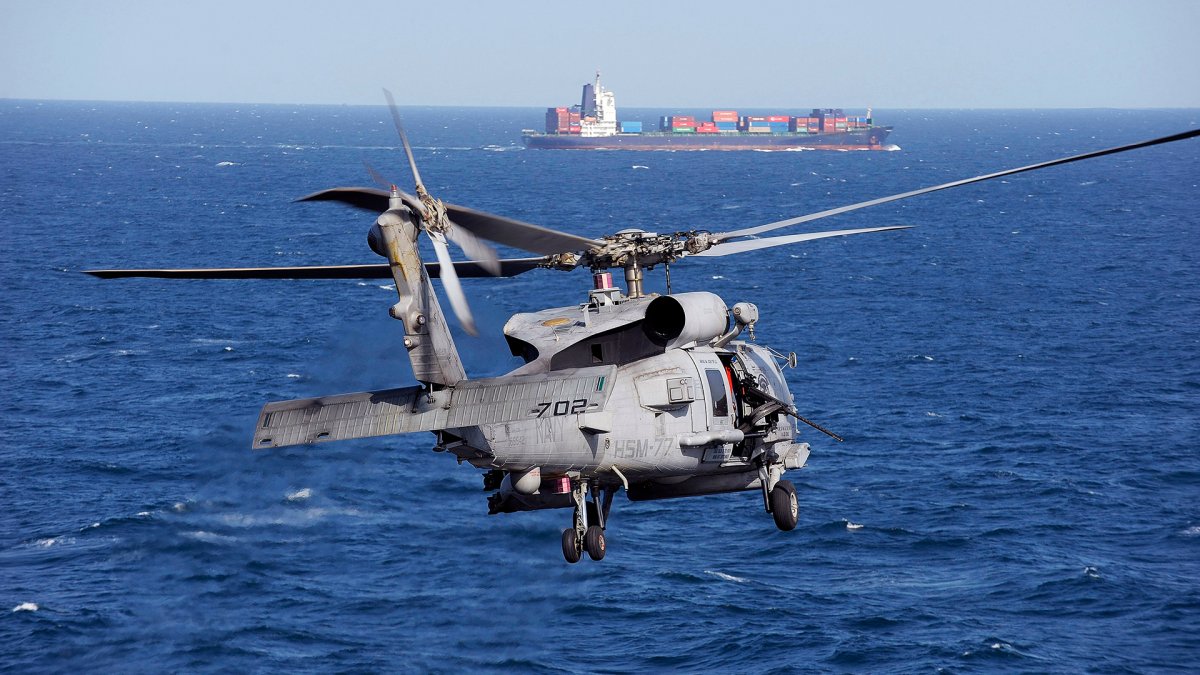Post 1 of 3: The agency of the Houthis & Kataib Hezbollah as proxies of Iran
1. MSC United VIII (IMO 9302619) was attacked as the ship sails from Saudi Arabia to Pakistan. The Houthis are escalating their attacks on commercial shipping in an attempt to hurt the economies of Egypt & Saudi Arabia (as the range of attack on shipping goes way beyond trying to end the war in Gaza)— MSC United VIII is sailing under the flag of Liberia.
2. There is no freedom on navigation (FoN) in the Red Sea & it’s adjacent waters, as the Houthi attacks have almost reached India’s EEZ in the case of MV Chem Pluto.
(a) Indian PM Modi discusses red sea situation with Saudi Arabia's Crown Prince. Backs freedom of navigation. Comes days after attack on 2 India bound vessels; namely, MV Chem Pluto, & MV Sai Baba.
(b) There is a limit to Indian tolerance with Iran with regards to attacks on Israeli interests in India & the Houthis attacking ships near India’s EEZ.
(c) FoN is not going to be restored with just sending navies to conduct armed escorts or shooting down a few drones & missiles. An American return to the killing of IRCG commanders, like Qasem Soleimani, is another option that needs to be considered.
3. Correctly understood, the Houthis want to be bombed by President Biden, as these idiots think that it will increase their legitimacy. The Houthis:
(a) use slavery to motivate its leadership team (according
a source, they found that slavery not only existed but was growing in Yemen);
(b) have an ideology that embraces death; &
(c) don’t care about civilian deaths.
4. On X’mas day, Iranian proxies in Iraq broke another escalation ceiling when they targeted the Harir airbase in Erbil with a bomb-laden drone, injuring 3 US personnel, one of whom is in a critical condition.
(a) The US responded on 26 Dec 2023, targeting three locations in Hilla, the capital of Babylon province. While the U.S. claims that the strikes targeted Kataib Hezbollah and affiliated groups, the base belongs to the Hashd al-Shaabi and is located near government buildings in the city. This puts the Iraqi government in an awkward position, as it has consistently condemned attacks by the factions against the US military presence in the country and took action to pursue suspected culprits.
(b) The regime in Iran will escalate its violence through its Houthi and Kataib Hezbollah proxies until it pays a direct price. IMO, President Biden needs a strategy to manage the cycle of violence being exchanged with the Houthis & Kataib Hezbollah. If Sec. Austin thinks hard, I am sure his team can find a lever that can move these slave owners, before action.



